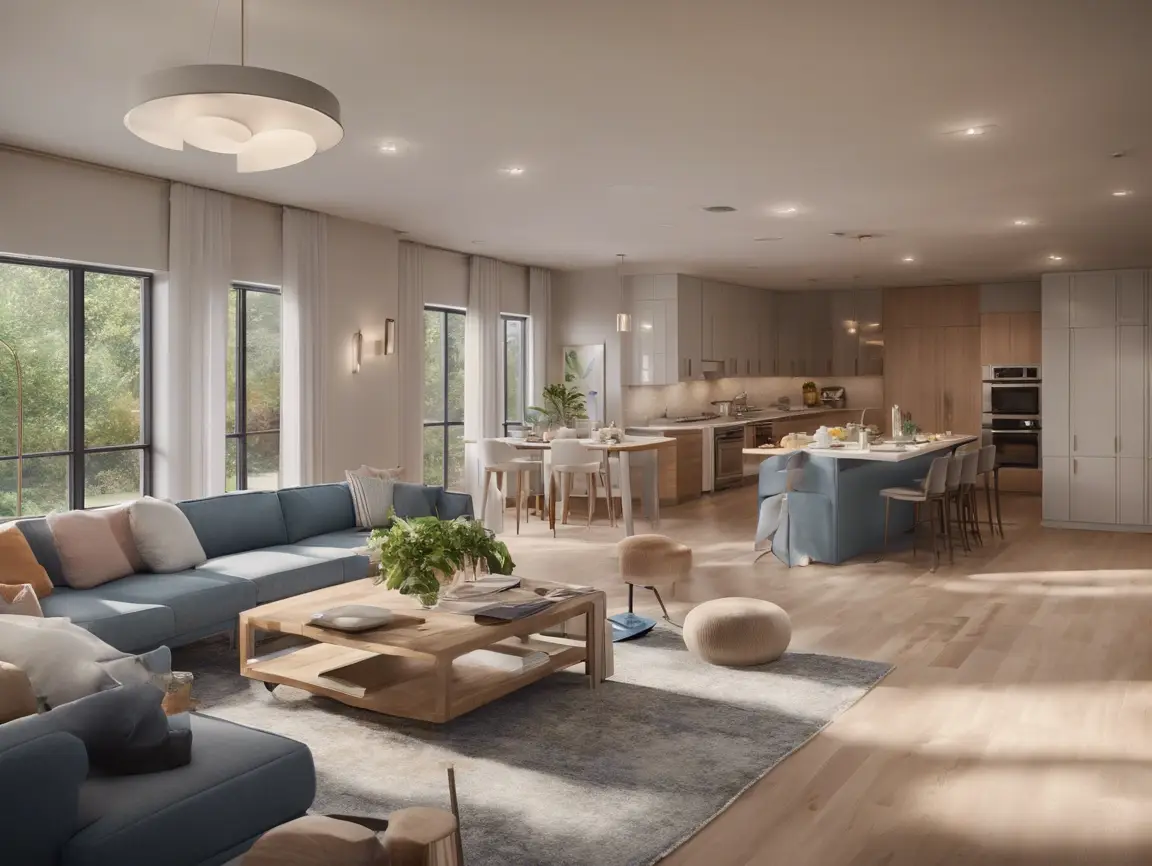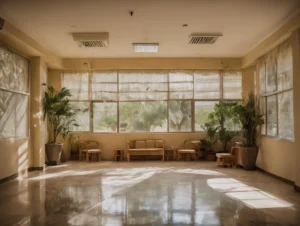In Israel, “balanced houses,” known as Soteria homes, offer a compassionate alternative to traditional psychiatric hospitalization. Operating since 2016, these homes provide a community-based, non-coercive environment for individuals experiencing acute mental health crises.
Effectiveness of Soteria Homes in Israel
A study analyzing data from 486 residents across three Soteria homes between 2016 and 2020 revealed:
• Primary Diagnoses: 41.3% had psychotic disorders, and 20.9% had bipolar disorder.
• Average Age: 34.5 years.
• Hospital Transfers: 14% required transfer to psychiatric hospitals during their stay.
Notably, the need for hospital transfers decreased from 37.5% in 2016 to 8.3% in 2020, indicating improved management within Soteria homes.
Benefits of the Soteria Model
• Empathetic Care: Emphasizes empathetic relationships and non-intrusive interventions, fostering a supportive atmosphere.
• Community Integration: Residents live in a home-like setting, promoting social interaction and reducing feelings of isolation.
• Reduced Medication Dependence: Focuses on minimizing medication use, allowing residents to engage actively in their recovery.
Implementation Challenges
Adapting the Soteria model in Israel required:
• Professional Staffing: Incorporating professional staff alongside companions to meet regulatory standards.
• Admission Policies: Adjusting policies to manage violent behaviors and ensure resident safety.
• Cultural Considerations: Establishing single-gender homes to respect cultural norms.
Despite these challenges, Soteria homes have become a viable component of Israel’s mental health care system, offering a humane alternative to hospitalization.
Soteria is a therapeutic approach and alternative model of mental health care that emphasizes non-coercive, community-based support for individuals experiencing acute psychological distress, including psychosis. It was originally developed in the 1970s by American psychiatrist Loren Mosher as an alternative to traditional psychiatric hospitalization.
Core Principles of Soteria
1. Home-like Environment: Soteria homes are residential facilities designed to feel like a supportive, non-institutional community. They emphasize creating a welcoming and calming atmosphere rather than a clinical or hospital-like setting.
2. Empathy and Human Connection: Care is based on building genuine, empathetic relationships between staff and residents. The staff are often referred to as “companions” rather than professionals, and their role is to provide emotional support rather than impose authority.
3. Minimal Medication Use: Soteria emphasizes minimizing or avoiding the use of psychiatric medications where possible, focusing instead on psychosocial interventions and natural recovery processes.
4. Peer Support: Residents often have opportunities to connect with others who have faced similar challenges, fostering mutual understanding and reducing feelings of isolation.
5. Individual Autonomy: Residents are encouraged to take an active role in their recovery. Coercion and involuntary treatment are avoided, promoting personal choice and empowerment.
6. Focus on Recovery: The goal is to help individuals regain control over their lives and recover in a way that feels meaningful to them, rather than merely stabilizing symptoms.
Effectiveness of Soteria
Studies have shown that the Soteria model can be as effective as, or even more effective than, traditional hospitalization for treating first-episode psychosis. Key findings include:
• Comparable or better recovery rates with reduced reliance on antipsychotic medications.
• Improved social and occupational functioning for residents.
• Increased patient satisfaction due to the supportive and non-coercive environment.
Soteria in Israel
In Israel, the Soteria model has been adapted into a network of “balanced houses” or community-based residential homes for individuals in crisis. These homes aim to provide a similar non-coercive and empathetic environment, integrating the principles of the original Soteria approach while adapting to local cultural and regulatory contexts.
Why Soteria?
The Soteria model resonates with individuals who prefer a more humane, individualized approach to mental health care. It challenges the conventional focus on medication and hospitalization, instead prioritizing relationships, understanding, and natural recovery. This approach can be particularly beneficial for people who feel alienated by traditional psychiatric systems or who want to avoid medication-related side effects.
Soteria embodies the idea that recovery is possible in a compassionate, respectful, and empowering environment.
Conclusion
Soteria homes in Israel demonstrate that community-based, empathetic care can effectively support individuals through mental health crises, reducing reliance on traditional hospitalization and fostering a sense of belonging and understanding among residents.





